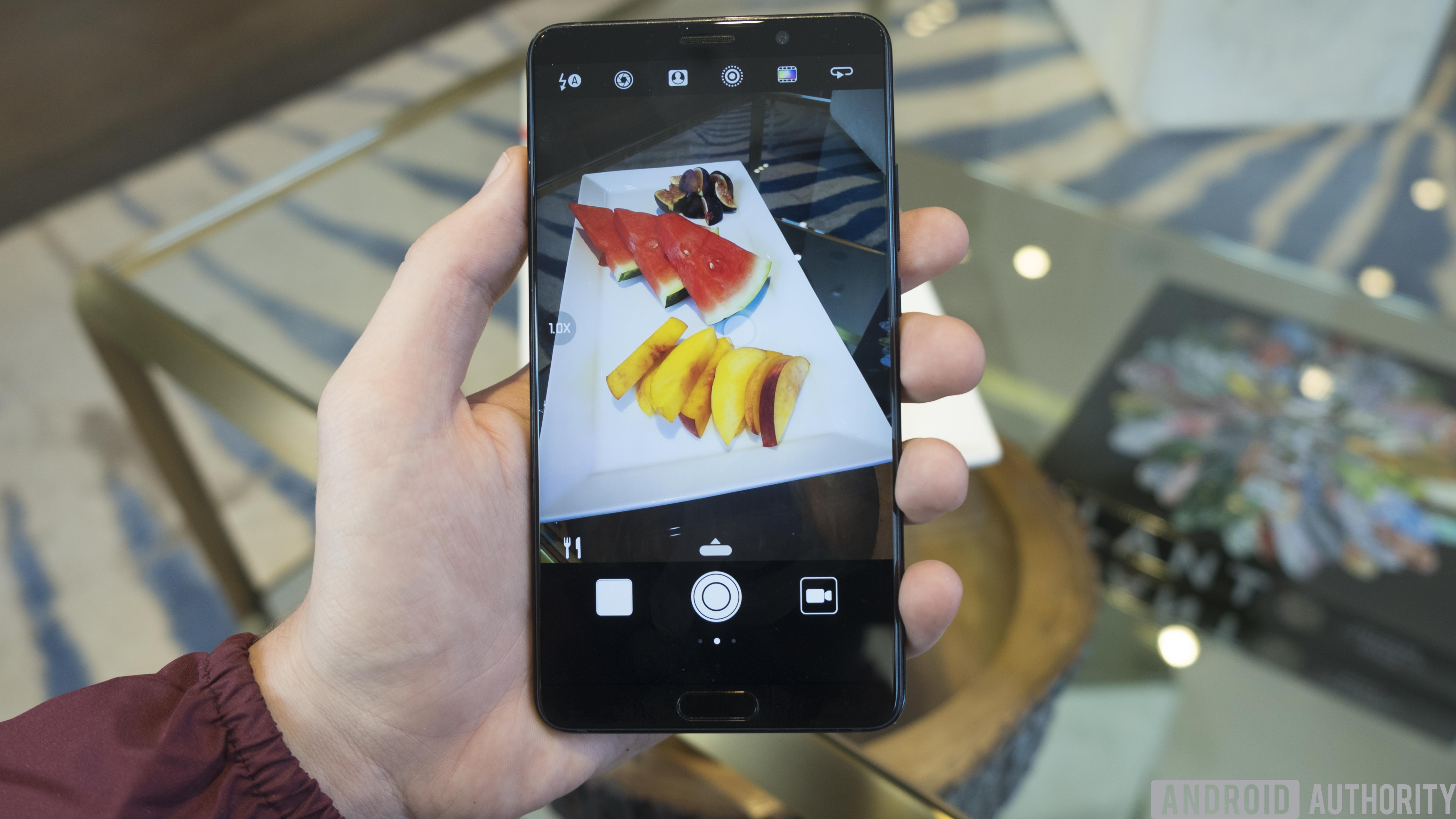- Going “off-script” at an MWC 2018 press conference, Richard Yu made some controversial comments about Huawei’s failed AT&T exclusive deal.
- Mr. Yu allegedly blames competitors for “playing politics” to kill the deal, a statement that could be perceived as a serious allegation.
- Huawei as an organization has distanced itself from the statements, suggesting some inner turmoil at the company over the failed deal.
Richard Yu, the CEO of the consumer products division at Chinese smartphone manufacturer Huawei, recently made some controversial comments at Mobile World Congress 2018. When pressed by CNBC journalists to comment on the roadblocks the company has faced trying to enter the U.S. market, Mr. Yu said, “Our competitors are using some political way … to try to kick us out of the U.S. market, but we have no issue at all. We are transparent.” He added, “We are a leading high-tech, innovative company, but they cannot compete with us on product, on technology, on innovation, so they compete with us (using) politics.”
Mr. Yu is referring to the recent failed deal Huawei had with AT&T. The deal would have put Huawei phones on shelves in AT&T stores across the United States, which would have been the first time such a sales platform was granted to the world’s third-biggest smartphone vendor. However, the deal was scrapped by AT&T, reportedly because the United States government intervened due to security concerns.
Huawei’s ties to the Chinese government are the alleged sources of the projected security risks. Allegedly, a letter sent from the U.S. Senate and House Intelligence committees to the FCC hinted that the ties could be a security threat, which pressured AT&T to scrap the deal.
If Mr. Yu is saying that “competitors” – whether that be other smartphone vendors or other carriers – are the real reason the AT&T deal fell through, that could be quite the serious allegation.
This is not the first time Mr. Yu has made comments regarding the failed deal, but this is the first time he’s called out competitors as culprits. In January, he said in an interview at CES 2018, “Everybody knows that in the U.S. market that over 90 percent of smartphones are sold by carrier channels. [The canceled deal is] a big loss for us, and also for carriers, but the more big loss is for consumers because consumers don’t have the best choice.”
To its credit, Huawei and its team of public communications directors had this to say: “It’s not right to blame the other party for not accepting us, we can only try harder, maintain our openness and transparency and wait until the other party is willing to communicate with us.” It’s clear from this official statement that Huawei as a company is trying to distance itself from the remarks of its CEO.
Huawei has set a date of March 27 to reveal its latest flagship smartphone, the P20. As of now, the only way to get the upcoming flagship will be the same way U.S. citizens obtain Huawei phones right now: buying them unlocked from non-carrier outlets like Amazon.com.


Be the first to comment